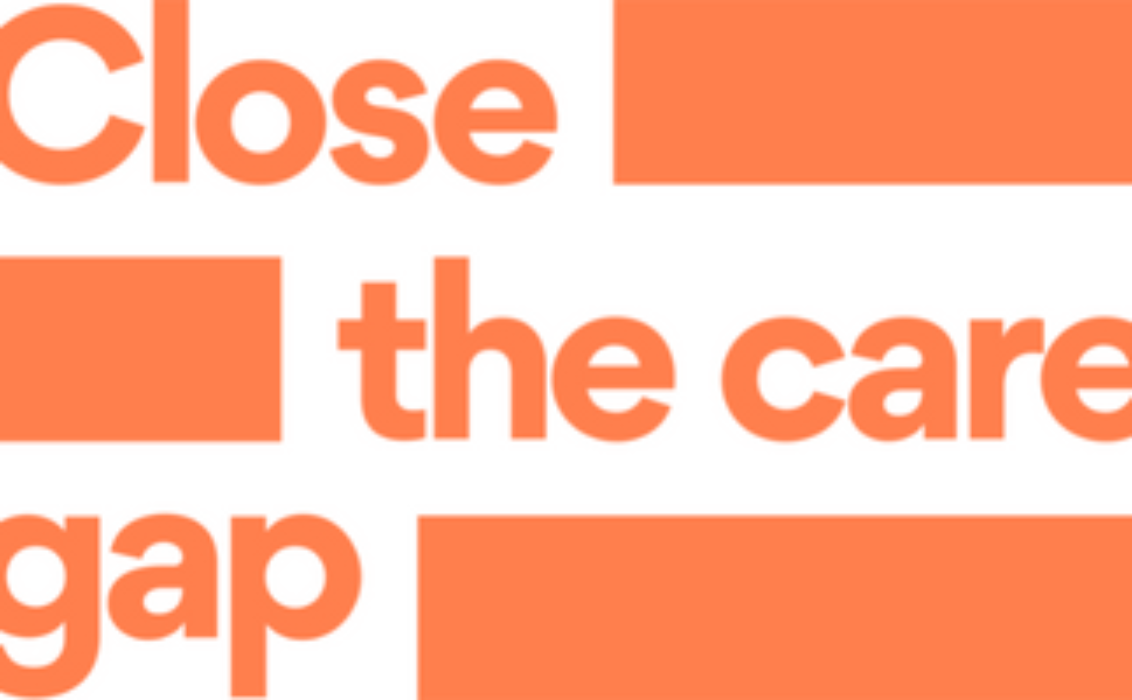According to World Health Organization estimates, 41 million annual deaths were due to Non-Communicable Diseases (NCDs) in 2021. This accounted for more than 71% of all deaths globally. Cancer is one of the leading causes of death, with over nine million people dying from the disease every year.
“Where you live. Who you are. Where you come from. What you do. Who you love. These are called the social determinants of health, and they represent the many factors that can unfairly stand between a person and the prevention, diagnosis and treatment of cancer” . Closing the gap in cancer and NCD care requires us to understand and recognise the inequities that exist in access to care and in the prevalence of the disease according to socio-economic factors across the globe. Poverty is closely linked with NCDs as vulnerable and socially disadvantaged people who are at greater risk of being exposed to harmful lifestyles while, at the same time, having limited access to healthcare get sicker and die sooner. In a vicious circle, NCDs also further aggravate issues driven by poverty as high healthcare costs can quickly drain household resources. A global response is needed to tackle the existing silent pandemic of non-communicable diseases.
All NCDs are strongly interrelated and need a holistic framework approach to tackle them. It is estimated that over one third of cancer cases could be prevented by addressing known risk factors. As with diabetes, prevention and early detection are two key components to reduce cancer incidence. Early detection greatly increases the chances of survival, reduces complications, and greatly lowers the costs of health interventions.
Once diagnosed, appropriate access to care must be ensured for all through equitable use of innovative care models and innovative solutions and technologies that are revolutionising the NCD care landscape. There is a strong need to help reduce the stigma around cancer and other NCDs such as diabetes to allow for better integrated care where the patient´s voice and perspective are put in the centre.
From a disease management perspective, an integrated care model which is defined by the WHO as “A concept bringing together inputs, delivery, management and organization of services related to diagnosis, treatment, care, rehabilitation and health promotion” can contribute to strengthening health systems, providing better quality care, and greatly enhancing the quality of life of people living with more than one condition. An estimated one in five people living with cancer also lives with diabetes. Type 1 diabetes has proven to considerably increase the risk of cervical and stomach cancer, while type 2 diabetes increases liver, pancreatic, bowel, womb, breast, and bladder cancer. Conversely, certain types of cancer such as pancreatic cancer place people at a higher risk of developing diabetes. Having a regulatory framework that promotes healthy living and better access to integrated patient-centred care from prevention to management is crucial for all NCDs.
IDF Europe strongly supports the vision of the World Cancer Day campaign of building a future where people live healthier lives and have better access to health services no matter where they are born, grow, age, work or live. We call on all stakeholders and actors of civil society, private partners and public partners to join their efforts and cooperate to save lives through innovation, better care and improved access.
World Cancer Day Campaign. (2022). Close the care gap. https://www.worldcancerday.org/close-care-gap



